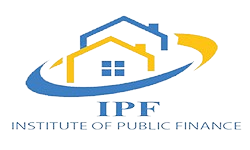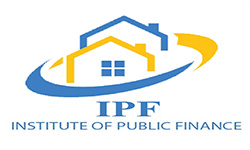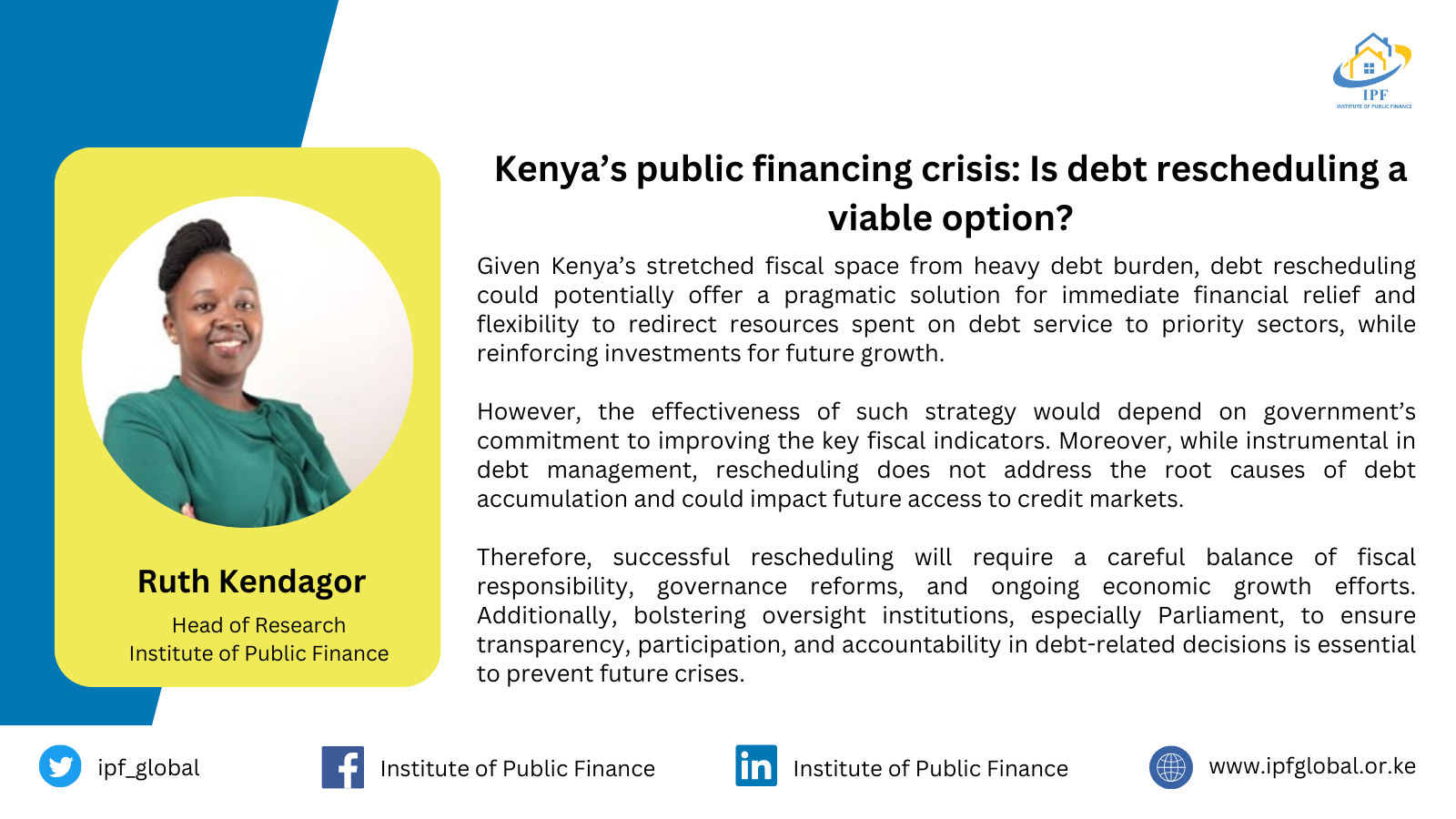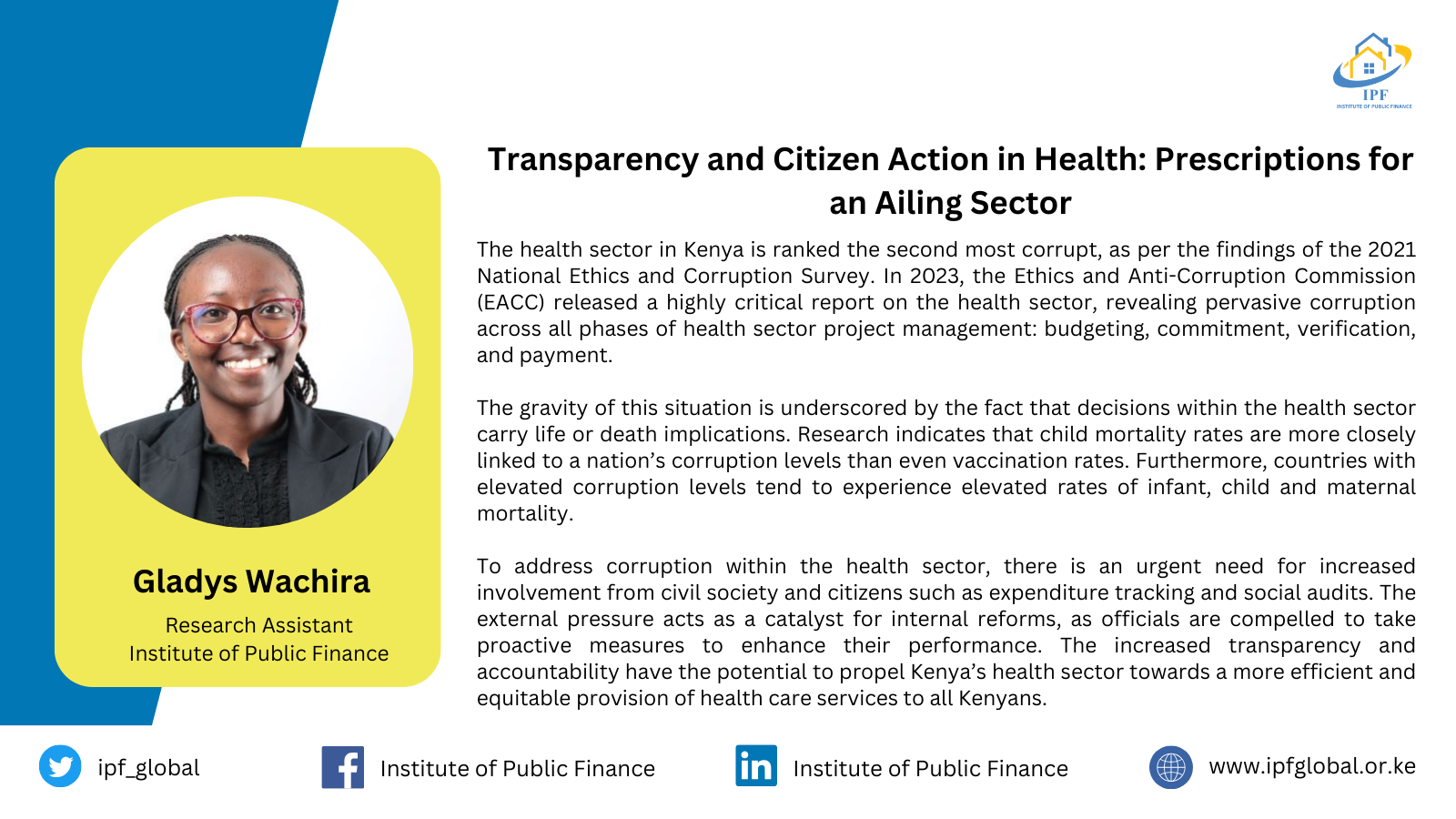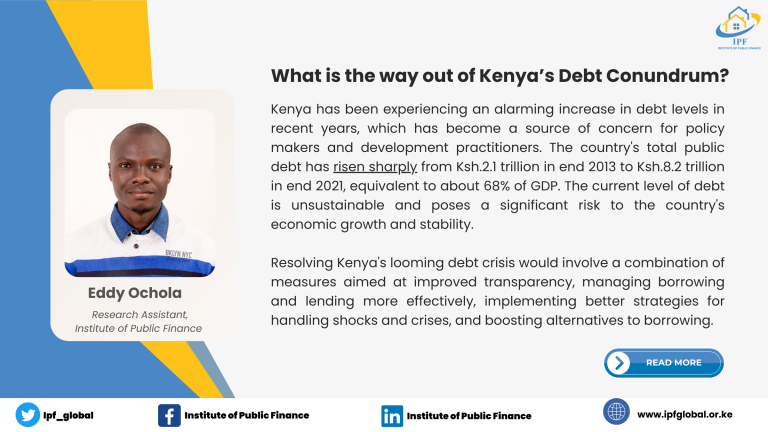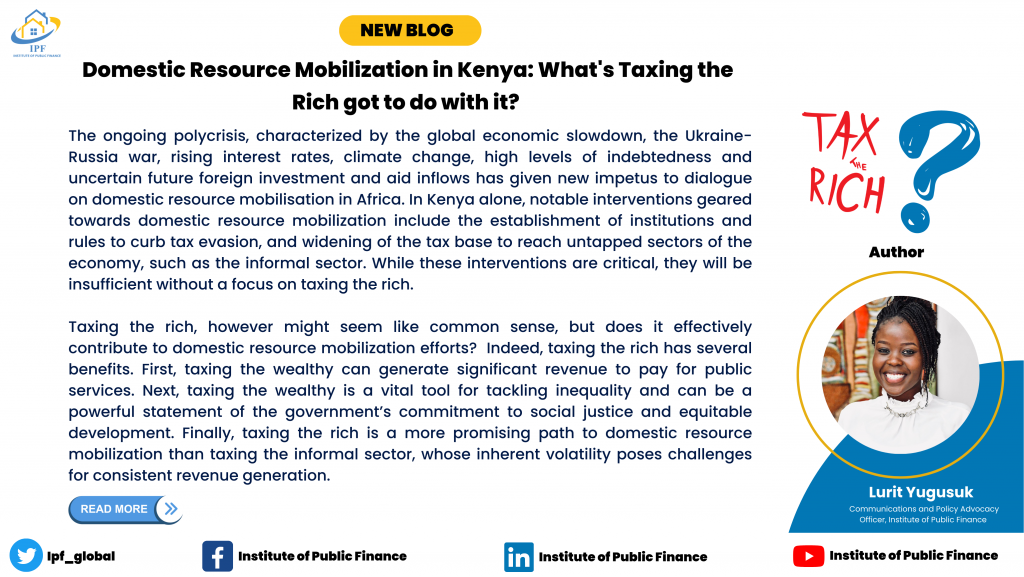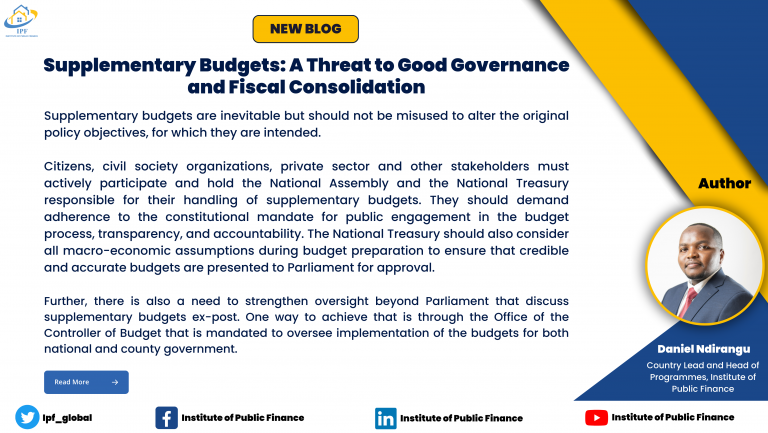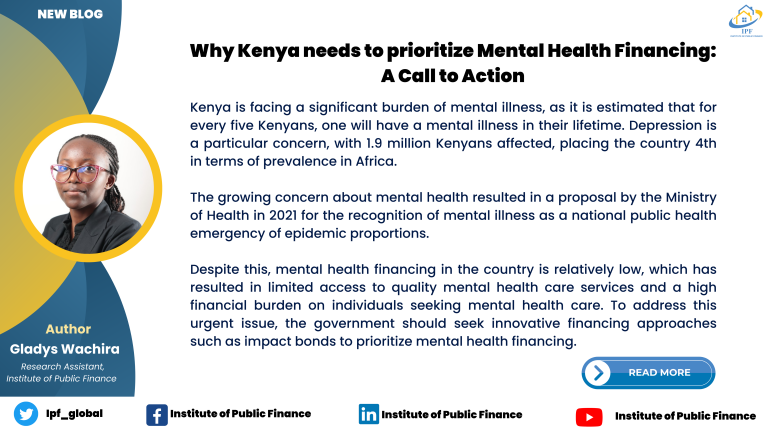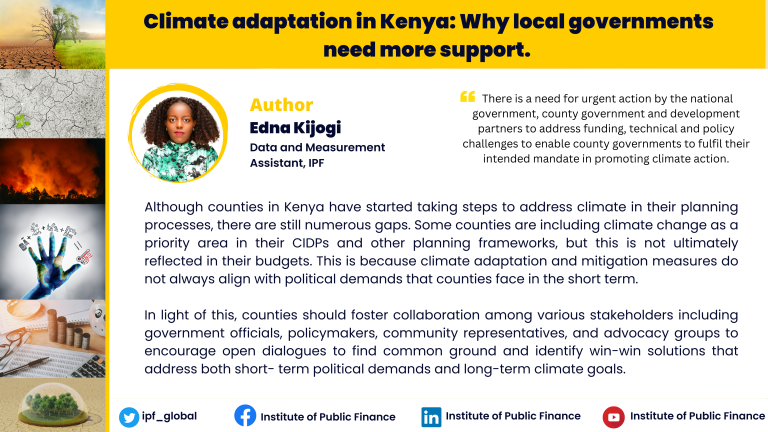In this first installment of our Newsletter, see what IPF’s team on the ground has been up to, partnering with community champions, county governments and across continents as we navigate through the Public Finance Landscape
IPF Leads Advocacy for Responsible Debt Management in MTDS Submissions in, Nairobi County
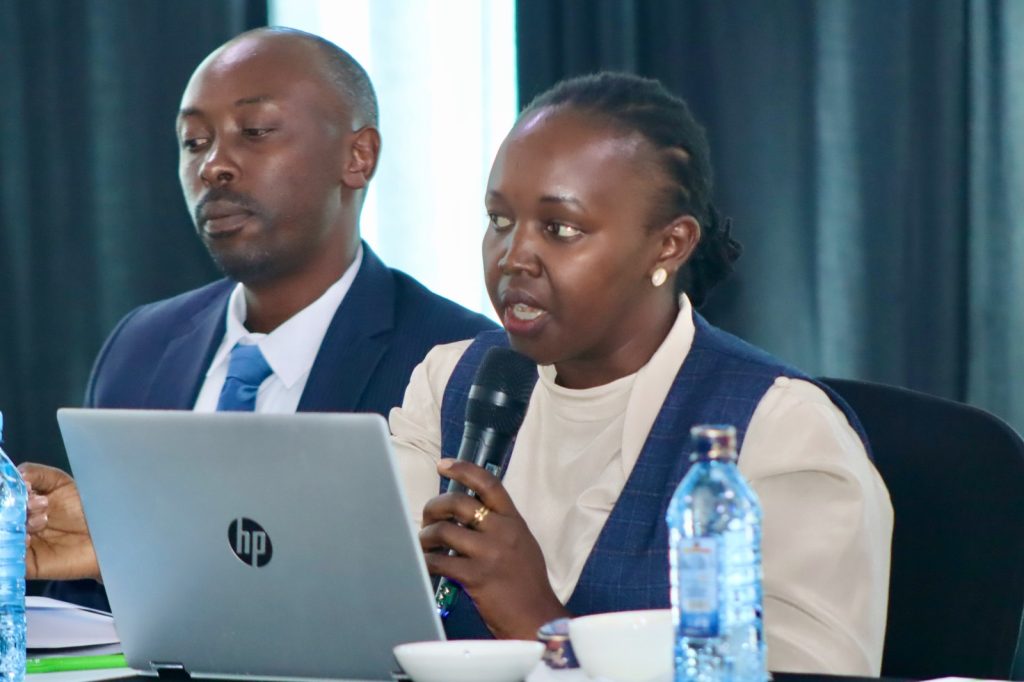
On February 21st, 2024, during a call for submissions by the Public Debt and Privatization Committee, the Institute of Public Finance (IPF) team, led by our CEO, James Muraguri, presented before the Committee to discuss the Medium-Term Debt Management Strategy (MTDS).
During the presentation, IPF advocated for transparency in the MTDS, urging a comprehensive breakdown of Public-Private Partnerships (PPPs) and emphasizing the importance of scenario analyses to mitigate external debt risks. They proposed longer maturity periods for new debt to stabilize fiscal conditions.
Raising concerns about state-owned enterprises, IPF recommended including loan guarantee details in the MTDS, in line with the PFM Act 2012. They highlighted the necessity for investment specifics, especially regarding infrastructure bonds, in annual borrowing plans to foster national development.
Out of the ten issues raised by IPF, three were adopted by the committee and one featured in the final MTDS 2024:
1. Borrowing Ratios and Consistency: The committee mandated consistency between the MTDS and the Budget Policy Statement (BPS) to ensure optimal borrowing strategies align with fiscal consolidation plans.
2. Comprehensive Information on State – Owned Enterprises(SOEs) Loan Guarantees: The committee recommended customizing the MTDs for Kenya’s debt challenges, addressing undisbursed loans, non-performing loans, and contingent liabilities.
3. Transparency and Accountability in the Annual Borrowing Plan: The committee mandated timely publication of simplified documents accompanying debt management reports for enhanced public participation. They also prescribed submission of the annual borrowing plan and project schedule two months before the end of the financial year.
With these resolutions in place, IPF eagerly anticipates the implementation phase, ensuring responsible public finance management for sustainable economic growth. #Public Finance Management
Empowering Voices for Change in the Mining Sector in Kwale County through women in the Artisanal and Small-Scale Mining
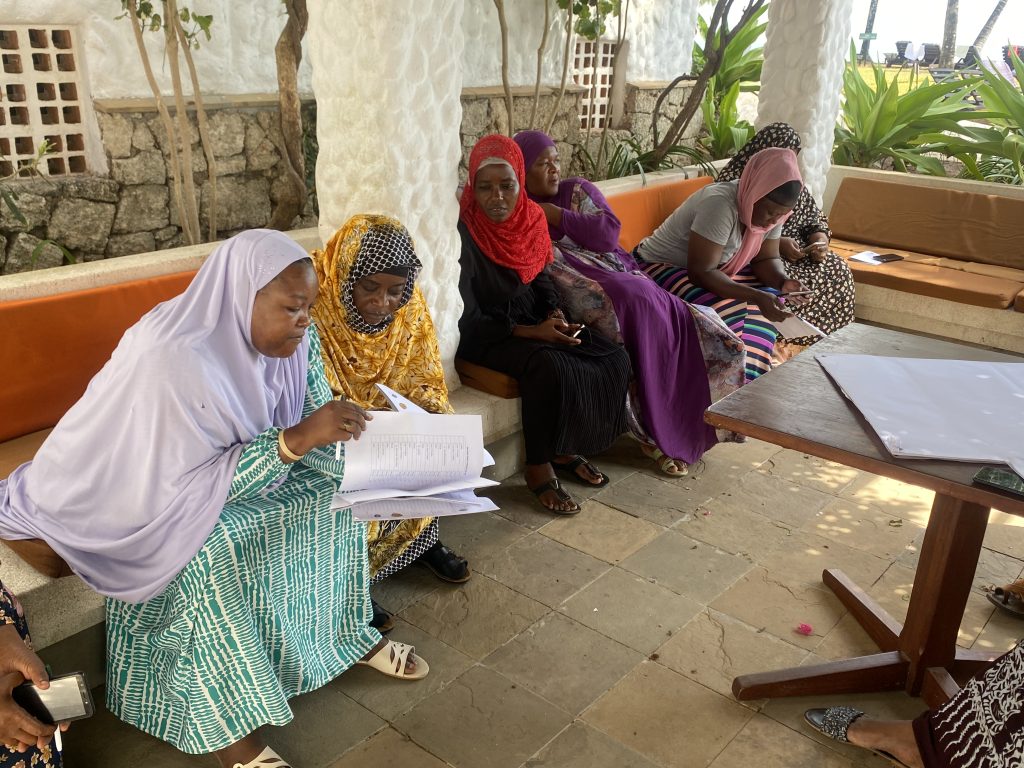
In the heart of Kwale County’s mining communities, a transformative initiative unfolded. Women, often overlooked in the mining sector, found their voices amplified through the Institute of Public Finance’s engagement. IPF recognized the power of grassroots engagement and brought the training directly to the miners’ doorstep. Armed with this knowledge, the women in Artisanal and Small-Scale mining delved into the intricacies of the County Fiscal Strategy Paper(CFSP), a document shaping the economic landscape.
As a result of the sessions, the women drafted a memorandum outlining their aspirations and concerns. With IPF’s guidance, this memorandum was submitted to the County Executive, a testament to the impact of grassroots involvement in governance.
The women committed to ongoing advocacy, ensuring their voices reverberated through the corridors of power. IPF continues to engage in follow-up sessions, bridging the gap between citizens and policymakers towards transforming Kwale County’s fiscal landscape one step at a time.
IPF’s Journey to Enhancing Own Source Revenue in Laikipia, Kitui and Nairobi counties
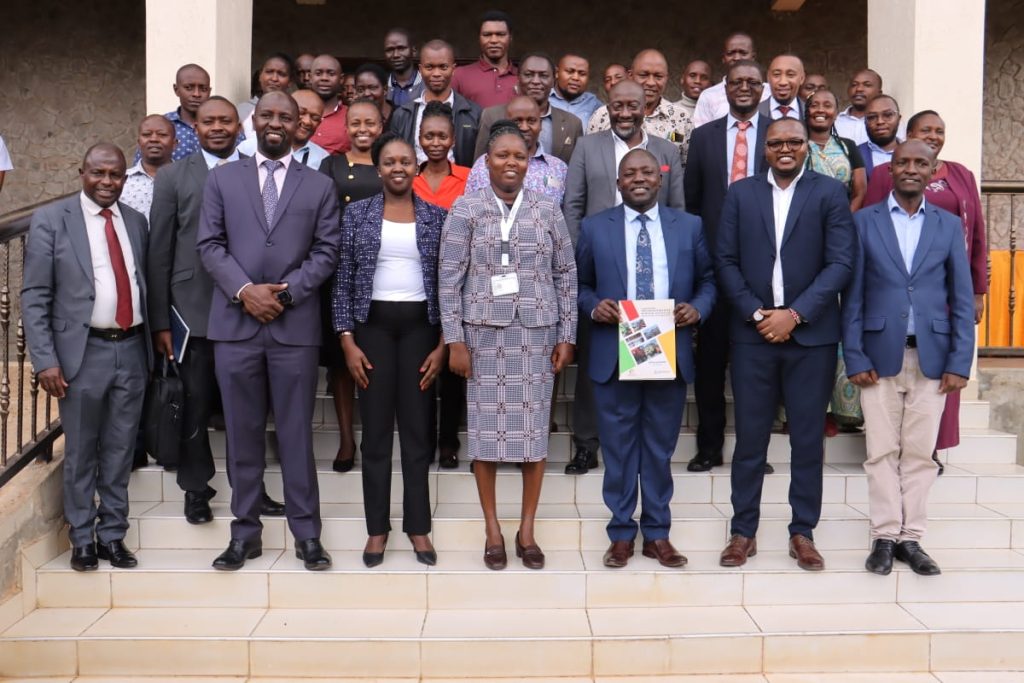
The Institute of Public Finance(IPF), in collaboration with the William & Flora Hewlett Foundation, recognized the immense potential of Own Source Revenue(OSR) in Kenya’s counties. With this vision in mind, IPF embarked on a journey to Nairobi City, Laikipia, and Kitui, aiming to provide essential assistance to county staff in revenue forecasting.
Under the auspices of IPF’s Research Department and in partnership with the Commission on Revenue Allocation(CRA), the project sought to make a tangible impact by sharing insights gleaned from CRA’s Own Source Revenue Potential and Tax Gap study.
In Laikipia, the Governor’s enthusiastic endorsement marked a significant milestone in the collaboration between IPF and the county. Together with members of the Laikipia County Revenue Board and Ward Revenue Receivers, they convened for a workshop dedicated to amplifying OSR. The session commenced with a thorough analysis of current revenue trends and the barriers impeding growth. Collaboratively, they explored diverse strategies to fortify revenue streams, laying the groundwork for transformative progress.
Guided by experts, participants embarked on the intricate journey of revenue mapping, envisioning future income sources for Laikipia. Equipped with newfound insights, the workshop delved into forecasting methodolologies, empowering the county to set pragmatic revenue targets aligned with their aspiration.
Simultaneously, in Kitui County, a parallel training initiate unfolded, echoing the efforts in Laikipia. Both counties embarked on a joint quest to bolster their revenue-generating capacities, fostering a culture of collaboration and shared learning.
As the workshops grew to a close, participants departed not only armed with practical tools but also with a revitalized sense of purpose. These sessions served as a crucible for shared learning, driven by the unified goal of enhancing OSR for the betterment of public services.
With anticipation mounting, workshop attendees prepared for a collaborative working session, eager to apply their newfound expertise in crafting Revenue Enhancement Strategies. Building on the success of the workshops in January and February, IPF continued its mission with intensive technical assistance sessions in March, first in Kitui and then in Laikipia, with Nairobi eagerly awaiting its turn in April.
Accelerating Kitui Economic and Social Transformational Agenda (KESTA) through the Joint Work Planning for collective Impact initiative, in Kitui County
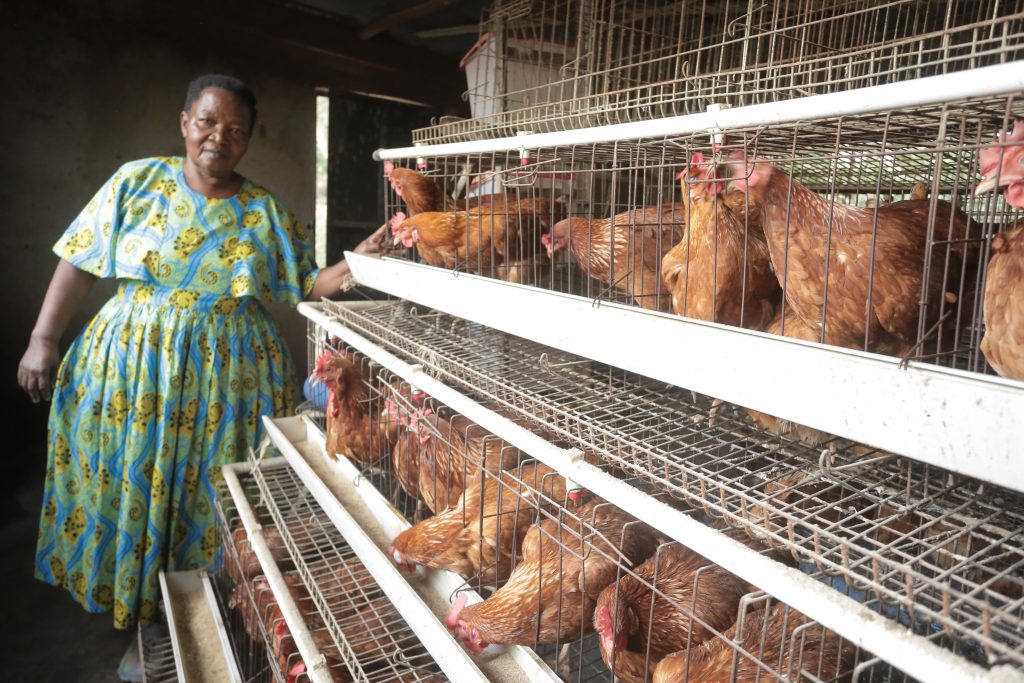
In the heart of Kenya’s Kitui County, a transformational journey unfolded through collaborative efforts between the County Government of Kitui and USAID implementing partners. What began as a vision for joint work planning (JWP) blosssomed into a remarkable success story, catalyzed by technical assistance from the Institute of Public Finance Kenya (IPF).
With the aim to strengthen collaborative frameworks and provide technical assistance to govenmental institutions, USAID embarked on a mission to foster joint designing, planning, monitoring, and learning. Enter the Southeatern Kenya collaborative platform, fortified by IPF’s expertise, which became the bedrock for implementing the JWP cycle in Kitui County.
Through this process, objectives were set to provide a cross-sectoral platform for implementing partners, strengthen collaboration efforts, and develop refined work plans. The results were staggering.
Amidst this collaborative synergy, financial gains burgeoned. Enhanced collaboration and coordination facilitated informed decision-making and efficient disaster response mechanisms. Locally led JWP initiatives empowered the county government to take ownership, leading to a more cohesive approach in co-creating work plans.
A significant milestone was the joint commitment reflected in the FY 2023/2024 Work Plan, totalling Kes1,578,970,615. This financial commitment from both USAID and the County Government of Kitui underscored their dedication to joint priorities, ensuring sustainable development initiatives.
Moreover, the active participation of key county officials and the utilization of technical expertise from the county government elevated the quality of program delivery. This collaborative approach not only fostered trust but also optimized resource allocation, aligning work plan activities with county priorities.
Counties Round Up: Other notable engagements
On 22nd January 2024 in partnership with the National Treasury and supported by the Japan International Cooperation Agency (JICA), convened county public finance management staff for a consultative meeting on the county budget manual, aiming to harmonize budget processes and procedures, enhance county budgeting, and promote financial management effectiveness and accountability.
On 15th February 2024, PF conducted a two-day capacity-strengthening session with KNNCI Uasin Gishu Chapter for a capacity building workshop to foster understanding on the Budget Process and Enhancing Engagement through CBEF. The workshop has been in collaboration with CIPE to provide an overview of the budget process and bolster capacity for engaging with the County Budget & Economic Forum (CBEF), fostering improved collaboration between public and private sectors in Counties.
On 20th and 22nd March, IPF in partnership with OXfam Kenya led a capacity building workshop in Samburu, Isiolo, and West Pokok counties. The workshop focused on enhancing budget allocation for disaster response in Kenya’s Arid and Semi-Arid Lands(ASAL) areas, emphasizing the importance of fostering inclusive partnerships grounded in openness and trust.
On March 27th, IPF staff held a dissemination session in Kwale for a study that we conducted titled “Transparency in Mineral Resource Distribution- Case of Community Development Agreements in Mombasa and Kwale Counties, Kenya”. The session’s objective was to share our findings with CDA committe members from Kwale, Kilifi and Taita Taveta and key players in the miing sector in Kwale.
